Search Results
Showing results 41 to 60 of 76
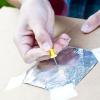
Measure the Sun's Size
Source Institutions
In this activity, learners make their own pinhole viewer in order to measure the size of the sun.
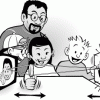
Pictures From Light
Source Institutions
Did you know that using a lens one can bend light to make pictures of the world? It's true!
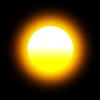
Oil Spot Photometer
Source Institutions
In this math activity related to light, learners assemble a photometer and use it to estimate the power output of the Sun.
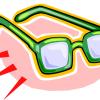
Rainbow Glasses
Source Institutions
In this activity, learners explore light, color and rainbows by making their own rainbow glasses.
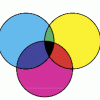
Three Circles of Pigments
Source Institutions
In this activity, learners overlap the three primary colors to see how all other colors are made.
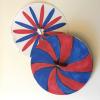
Opti-Top
Source Institutions
In this activity, learners will create an optical illusion top. Learners will explore color mixing, physics and design through this activity.
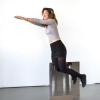
Anti-Gravity Mirror
Source Institutions
In this demonstration, amaze learners by performing simple tricks using mirrors. These tricks take advantage of how a mirror can reflect your right side so it appears to be your left side.
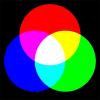
Three Colors of Light
Source Institutions
Have fun with additive mixing! Observe what happens when the three primary colors of light--red, green and blue--are mixed together, resulting in white light.
Splitting White Light
Source Institutions
In this optics activity, learners split white light into all its component colors using three household items: a compact disc, dishwashing liquid, and a hose (outside).
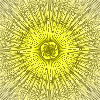
Tie Dye Painting
Source Institutions
This is an activity exploring color and color mixing.
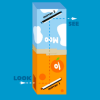
Periscope
Source Institutions
In this optics activity, learners build a spy tool to secretly view things over walls or around corners.
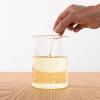
Disappearing Glass Rods
Source Institutions
In this optics activity, learners discover how they can make glass objects "disappear." Learners submerge glass objects like stirring rods into a beaker of Wesson™ oil to explore how the principles of

What does Color have to do with Cooling?
Source Institutions
In this demonstration/experiment, learners discover that different colors and materials (metals, fabrics, paints) radiate different amounts of energy and therefore, cool at different rates.
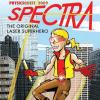
Glow in the Dark
Source Institutions
Learners experiment to see which colors of light will cause a phosphorescent (glow-in-the-dark) material to glow.
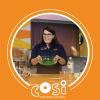
Glow in the Dark Jello
Source Institutions
In this activity, learners will make homemade jello that glows under a blacklight. They will learn about quinine, an ingredient in tonic water that is fluorescent.
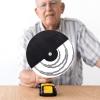
Benham's Disk
Source Institutions
In this optics activity, learners discover that when they rotate a special black and white pattern called a Benham's Disk, it produces the illusion of colored rings.
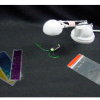
Why are Compact Fluorescent Bulbs More Efficient?
Source Institutions
In this activity, learners explore the relative efficiency of different bulbs, specifically incandescent vs. fluorescent.
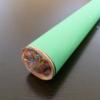
Kaleidoscope
Source Institutions
In this activity, learners build inexpensive kaleidoscopes using transparency paper and foil (instead of mirrors).
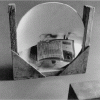
Hot Spot
Source Institutions
In this activity, learners explore the invisible infrared radiation from an electric heater.

Critical Angle
Source Institutions
In this optics activity, learners examine how a transparent material such as glass or water can actually reflect light better than any mirror.
